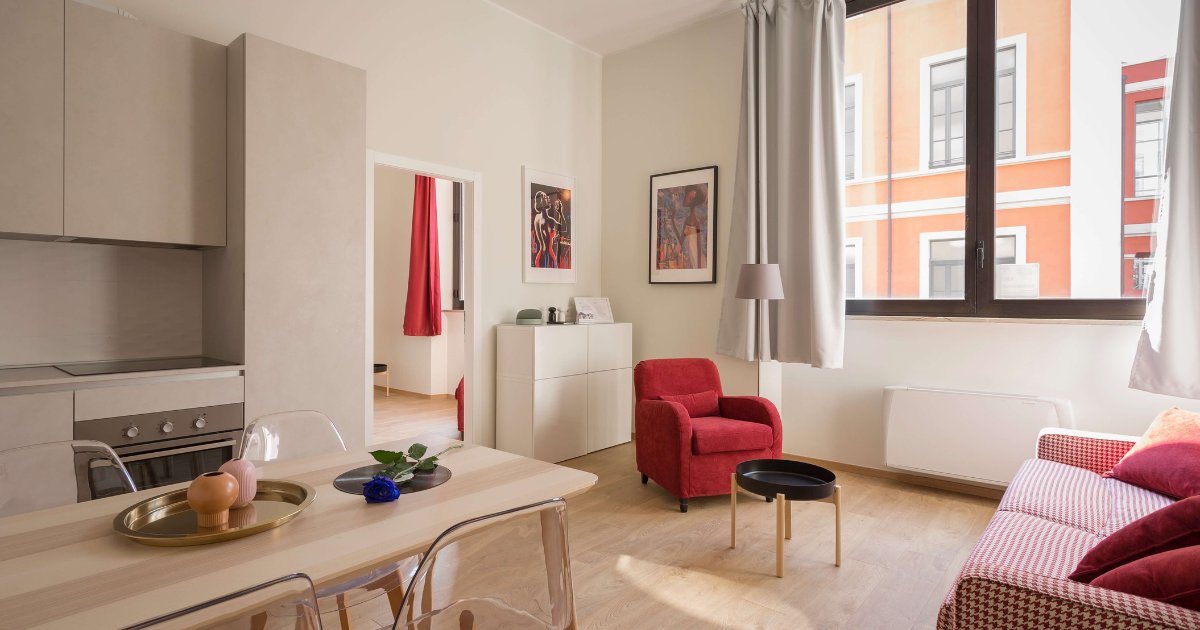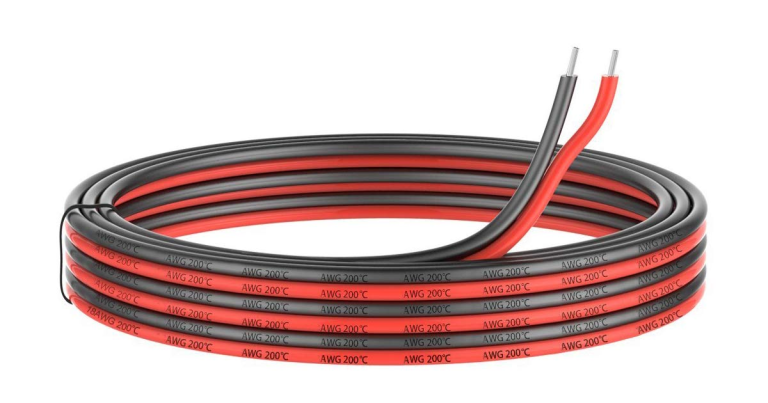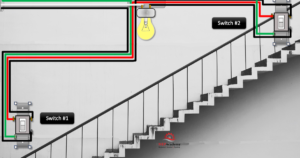When it comes to choosing where to live, one of the biggest decisions people face is whether to rent or buy. While owning a home comes with its own set of benefits, renting offers several unique advantages that can make it an appealing option for many. If you’re considering renting a place to live, understanding these benefits can help you make an informed decision that suits your lifestyle and financial situation.
Flexibility And Freedom
One of the most significant advantages of renting is the flexibility it provides. When you rent a property, you typically sign a lease for a fixed term, often 6 to 12 months. This shorter commitment allows you to move to a new location relatively easily if your circumstances change, whether due to a job relocation, a desire for a different neighborhood, or simply a change of scenery. Homeownership, on the other hand, ties you to a property for a longer period, making it harder and more costly to relocate.
Lower Upfront Costs
Renting a home usually requires a lower initial financial investment compared to buying. When you rent, you’ll typically need to pay a security deposit and possibly the first month’s rent upfront. In contrast, purchasing a home involves a substantial down payment, closing costs, and various other fees. For many people, especially those just starting out or who prefer not to tie up a significant amount of money, renting offers a more accessible entry point into a desirable living situation.
No Maintenance Worries
Maintenance and repair responsibilities can be a significant burden for homeowners. When something breaks or needs repair, it’s up to the homeowner to fix it or hire a professional. Renters, on the other hand, generally have these issues handled by their landlord or property management company. Whether it’s a leaky faucet, a broken appliance, or a malfunctioning heating system, renters can usually rely on their landlord to take care of these problems without additional costs or hassle.
Predictable Monthly Expenses
Renting can also offer more predictable monthly expenses compared to owning a home. Renters typically pay a fixed amount each month for their rent, and this amount usually remains stable throughout the lease term. Homeowners, however, may face fluctuating expenses due to property taxes, homeowner’s insurance, and maintenance costs. Additionally, renters are often not responsible for utility costs like water, trash collection, and sometimes even electricity, which can simplify budgeting.
Access To Amenities
Many rental properties come with access to a variety of amenities that might be out of reach for those buying a home. These can include features like swimming pools, fitness centers, and community lounges. Rental communities often invest in these amenities to attract tenants, and they are included in the rent or sometimes available at a reduced cost. For individuals who value these conveniences but don’t want the added expense or responsibility of maintaining them, renting can be a great option.
Financial Stability
Renting can provide financial stability and reduce the risk of financial strain. When you rent, you don’t have to worry about market fluctuations affecting the value of your property, as you would with a home you own. If property values decline, homeowners might find themselves underwater on their mortgage, meaning they owe more on their home than it’s worth. Renters avoid this risk, as their financial obligations are limited to their lease terms and monthly rent payments.
Easier Transition To New Stages Of Life
Life is full of changes, and renting can make transitions smoother. Whether you’re a student graduating and looking for a job, a young professional moving to a new city, or someone adjusting to a new phase in life, renting offers the flexibility to move easily and adapt to your new circumstances. Homeownership, on the other hand, can be less forgiving if you need to relocate or change your living situation.
Less Responsibility For Property Value
As a renter, you don’t need to worry about the property’s market value or the impact of economic downturns on your investment. Homeowners are often concerned with property values, as fluctuations can affect their financial stability and investment returns. Renters simply enjoy their living space without the added stress of market conditions.
Opportunity To Save And Invest
Renting can also provide the opportunity to save and invest money that would otherwise be tied up in a down payment and homeownership costs. With lower upfront costs and fewer financial responsibilities, renters might find they have more disposable income to invest in other areas, such as retirement savings, stock market investments, or personal interests and goals.
Community And Social Benefits
Renting can also foster a sense of community and social connection. Rental properties often have shared common areas where residents can interact and build relationships. In apartment complexes or rental communities, you might find yourself engaging more with neighbors and participating in community events or activities. This can be especially valuable if you are new to an area and looking to establish a social network.
Conclusion
Renting a place to live offers several advantages that make it a practical choice for many people. From flexibility and lower upfront costs to maintenance-free living and predictable expenses, renting provides numerous benefits that can enhance your quality of life. If you’re considering whether to rent or buy, weighing these advantages can help you decide if renting aligns with your needs and lifestyle.







